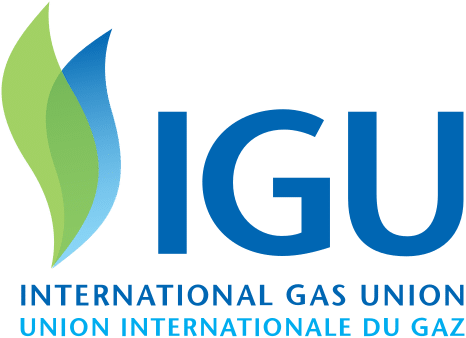
Enabling Clean Marine Transportation, March 2017
Liquefied Natural Gas, or LNG as marine fuel offers substantial advantages over traditional marine petroleum fuels in emissions reduction. It meets the stricter pollution regulations by the International Maritime Organisation (IMO) and regional air quality controls. Using LNG will reduce harmful air pollutants significantly below all current and proposed emissions standards. A switch to liquefied natural gas will immediately result in these reductions and persist for the life of the vessel. The case for using LNG fuel for shipping is clear, as it will provide significant quality of life improvement by addressing one of today’s most pressing environmental challenges – air pollution. It will also support climate change goals by reducing greenhouse gases (GHG’s).4 This situation is a key barrier facing LNG marine deployment globally, and governments must be encouraged to set clear regulatory guidelines that are essential in achieving broader and feet-wide conversions. While marine transportation is the most carbon-efficient mode of transport, in terms of CO2 emitted per unit of cargo, compared to road, air, or rail, the massive scale of shipping activities generates significant emissions, in absolute terms.5 The main pollutants of concern are sulphur dioxide (SO2 ), nitrogen oxides (NOx), carbon monoxide (CO), black carbon, particulate matter (PM), and CO2
Published on March 1, 2017 Download PDF (3 MB)Want to download this file?
Get access to download this file by filling up the form below.
By completing this form, I accept that IGU can store my business information. We may send you informational emails, but you can unsubscribe at any time.
